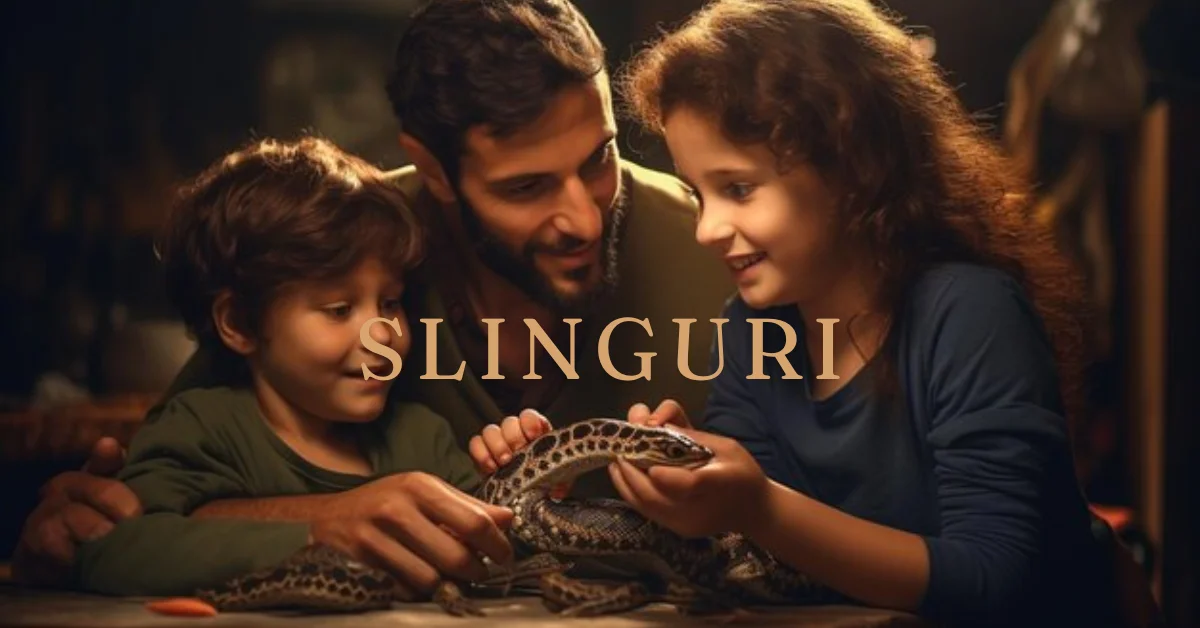
In today’s rapidly evolving digital landscape, a single image, video, or even keyword can capture public attention almost overnight. One such trending phrase, “Hawk Tuah Girl Bikini,” has generated significant buzz, drawing interest from various corners of the internet. From social media platforms to online forums, this phrase seems to ignite curiosity and conversation. But beyond the superficial glance lies a deep, complex discussion regarding cultural sensitivities, modesty, digital ethics, and the power of virality in our hyper-connected world.
This article aims to unpack the phrase “Hawk Tuah Girl Bikini,” delve into its origins, explore the cultural context around it, and analyze the broader implications of such digital phenomena.
The Origins: Understanding “Hawk Tuah”
Before we delve into the controversies and discussions around “Hawk Tuah Girl Bikini,” it’s essential to first explore the cultural and historical significance of “Hawk Tuah” itself. The phrase appears to be a misspelling or a derivation of “Hang Tuah,” a well-known figure in Malaysian folklore and history.
Hang Tuah is regarded as a legendary warrior who served as an admiral for the Sultan of Malacca in the 15th century. He is celebrated as a symbol of loyalty, bravery, and martial prowess. The figure of Hang Tuah holds immense cultural significance, particularly in Malaysia, where he is seen as an emblem of national pride. In literature and folklore, Hang Tuah’s devotion to the Sultan and his exceptional skills in combat have cemented his status as one of the most revered historical figures in Southeast Asia.
In contrast to this revered historical figure, the phrase “Hawk Tuah Girl Bikini” seemingly presents a modern, and potentially controversial, juxtaposition, blending a legendary symbol of Malay culture with contemporary images or notions that may clash with traditional values.
The “Bikini” Factor: A Clash of Cultures?
The second part of the keyword, “girl bikini,” adds an additional layer of complexity. The bikini, a common piece of Western swimwear, often symbolizes modern fashion, freedom of expression, and body positivity. However, it can also evoke controversy, particularly in conservative cultures that prioritize modesty, including many Southeast Asian societies where the story of Hang Tuah originates.
In traditional Islamic values, modest dressing is encouraged, particularly for women. As Malaysia is a Muslim-majority country, the notion of a “girl in a bikini” can trigger debates on public decency, modesty, and the impact of Western influences on local cultures. Social media, as a platform, tends to heighten these debates, allowing polarizing views to flourish, often creating tension between those who support liberal values and those who wish to maintain cultural traditions.
The Viral Effect: How the Internet Amplifies Controversies
When images, videos, or keywords like “Hawk Tuah Girl Bikini” go viral, the Internet plays an outsized role in amplifying controversies. Social media platforms such as Instagram, Twitter, and TikTok are particularly adept at spreading content rapidly, exposing it to millions of users across the globe within hours or days. What was once a local conversation can quickly become a global spectacle.
In the case of “Hawk Tuah Girl Bikini,” it’s likely that the phrase became popular or controversial due to a single incident—perhaps an image, a video, or a meme—that caught public attention. These viral moments tend to elicit immediate reactions, ranging from support and admiration to criticism and outrage.
What’s Fascinating Youth about these viral phenomena is that they can often lead to two opposing waves: those who celebrate the freedom of expression and those who feel that certain boundaries of culture, respect, or decency have been crossed. In many cases, those on either side of the argument are not merely discussing the immediate content but are also addressing larger societal concerns, such as the preservation of cultural identity or the impact of globalization.
The Role of Influencers and Digital Celebrities
Another critical factor that often fuels such trends is the involvement of digital influencers or celebrities. In today’s social media-driven culture, influencers wield significant power in shaping trends, whether they are promoting a product, an idea, or in this case, contributing to a viral keyword.
It’s not uncommon for influencers—especially those in the fashion or lifestyle niche—to share images of themselves in bikinis or other trendy outfits. These posts can spark admiration and engagement, particularly among younger audiences. If an influencer somehow became associated with the keyword “Hawk Tuah Girl Bikini,” it’s plausible that this alone could have contributed to the viral spread of the phrase.
Digital celebrities have also played a role in breaking down societal norms and introducing new, sometimes controversial, ideas into conservative spaces. In many Southeast Asian countries, local influencers often face backlash for wearing “inappropriate” clothing or engaging in behaviors seen as disrespectful to traditional values.
The tension between upholding traditional values and embracing modern fashion and lifestyle choices is a constant balancing act for many influencers, particularly in regions where societal expectations are still deeply rooted in historical and religious beliefs.
Cultural Sensitivity in the Digital Age
One of the core discussions surrounding “Hawk Tuah Girl Bikini” likely revolves around the issue of cultural sensitivity. In a globalized world where boundaries between cultures are increasingly blurred, respecting cultural norms while embracing individual freedom of expression can be a delicate balancing act.
For instance, using “Hang Tuah” or any similar culturally significant reference in a way that some might consider disrespectful can provoke backlash, particularly in conservative or religious communities. While some may argue that this is merely a byproduct of globalization and evolving societal norms, others view it as a direct affront to their cultural identity.
On the other hand, proponents of free expression might argue that clothing choices, including bikinis, are personal decisions that should not be subject to public scrutiny or judgment. They often cite body positivity movements and individual rights to challenge traditional views on modesty, especially in a world where such issues are being discussed more openly than ever before.
This conversation highlights a key aspect of the modern digital age: the constant negotiation between tradition and modernity, between respect for cultural symbols and the drive for individual expression. For some, keywords like “Hawk Tuah Girl Bikini” symbolize the merging (or clashing) of these worlds.
The Ethics of Virality
It’s also worth noting the ethical considerations when something like “Hawk Tuah Girl Bikini” trends online. While the internet allows for greater freedom of speech, it also opens the door for misunderstandings, misrepresentations, and sometimes harmful consequences. When a keyword or a piece of content goes viral, its origins and context often become obscured, making it easier for people to draw conclusions or make judgments based on incomplete or misleading information.
In some cases, individuals involved in viral trends may find themselves subjected to online harassment, bullying, or even “cancel culture,” where their actions are publicly condemned and they are ostracized from certain communities. In the case of a keyword as seemingly innocuous as “Hawk Tuah Girl Bikini,” there may be real people affected by the spread of such trends—people who are drawn into the conversation without their consent or who become victims of public outrage.
The ethical question, then, becomes: Should we, as consumers of digital content, be more mindful of what we share, comment on, or engage with online? And more importantly, how do we maintain a level of respect and understanding, particularly when cultural or religious sensitivities are at play?
Conclusion: A Snapshot of Our Digital Age
In conclusion, the viral spread of the keyword “Hawk Tuah Girl Bikini” is emblematic of the power of the internet to ignite conversations—both positive and negative—around cultural, societal, and individual issues. It highlights the complexities of navigating a world where ancient traditions meet modern values, and where the boundaries between respect, freedom of expression, and digital ethics are constantly being renegotiated.
In dissecting this viral phenomenon, we are reminded that the internet is not just a tool for entertainment and connection, but also a space where important discussions about identity, culture, and values are played out in real-time. Whether “Hawk Tuah Girl Bikini” will continue to be a flashpoint for debate or fade into digital obscurity remains to be seen. But its existence in the digital space offers a window into the complex interplay between history, modernity, and the ever-evolving nature of the global conversation.













